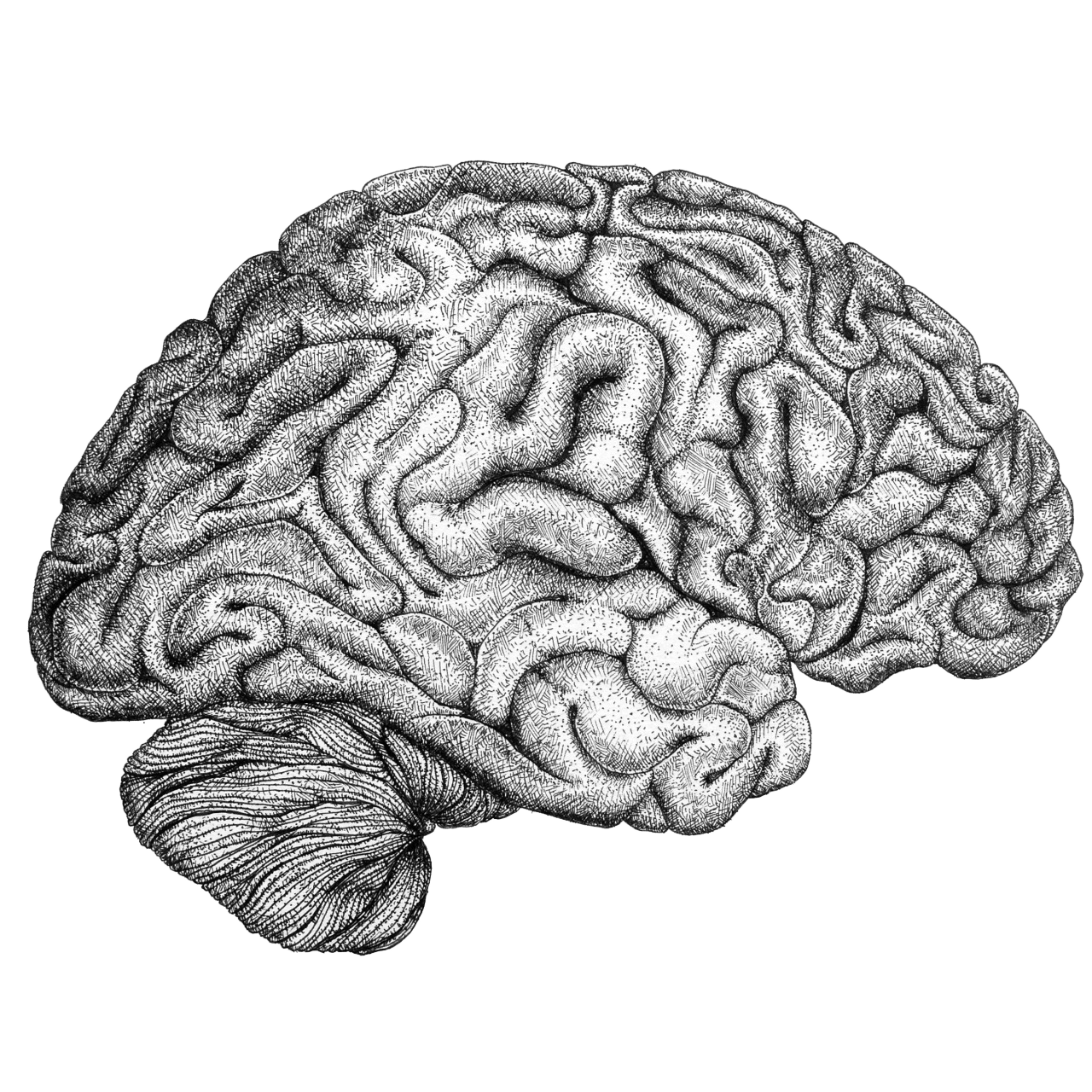THE BREAD RISE
Lexie Smith, December 2020
Published in The New Now (print only), February 2021
Within the first three months of the COVID-19 quarantine I received thousands of emails requesting sourdough starter and assistance using it. Literally thousands. Now, people keep asking me what I think about the “bread moment” of the early lockdown days. The questions likely stem from my long preoccupation with bread’s place in our private and public lives, its role during peaceful and tumultuous times throughout global history, its industrial corruption, and its potential as lingua franca. My short answer is I wasn’t surprised that in the face of a political and viral autocracy, the American people suddenly decided they needed to get their hands back on a substance that easily reads as life, money, and God, all at the same time. Despite its Western scapegoating as a dietary evil for the last decade or so (setting aside the slower but parallel renaissance of artisan bread-baking in niche American foodie-ism), bread still signifies security.

Some references: The Eucharist is a Christian rite in which sacramental bread, representing the body of Christ, is eaten by the pious for spiritual nourishment. The word Lord actually stems from the Old English Hiafweard or ‘keeper of the bread’ (hiaf= loaf, bread, weard= keeper, guard). Cura Annonae, the subsidized grain and bread distributed by the state to the Ancient Romans, was the inspiration for the idiom ‘bread and circuses’, a euphemistic term coined in the early 2nd century for the superficial appeasement of a population by its rulers. Khubzism (khubz is Arabic for bread), is the name for the tacit social contract between Tunisia's President Ben Ali and the nation's people until his ousting in 2011, in which deference to the government was exchanged for the provision of basic social welfare. The eponymous Bread and Roses strike at a prominent textile mill in Lawrence, Massachusetts in 1912, where bread and roses stood for the basic necessities for survival and dignity, respectively. The strike ended with a landmark victory of increased pay, amnesty for strikers, and double wages for overtime.
Today, we’re estranged from our systems of production and distribution, and it didn’t take long during lockdown for people to feel this intimately. Access to external provisions was strained by broken supply chains, income loss, and stay-at-home orders, which made learning to make bread a necessary shift for some. But while I find the economic and mythological causes of the baking uptick compelling, the obvious psychological ones shouldn’t be overlooked. In the early pandemic days, people were not only buying less food, they were buying less stuff in general. Consumerism had become weirdly dangerous, if not just financially perilous and irresponsible. Being able to make and digest a new object ad nauseam for the relatively low cost of whatever flour one could get their hands on may have helped bread’s spike in popularity when the middle class’ influx of goods slowed to a trickle. And at the most basic level, bread represents comfort and security. We crave one especially when we lack the other, and both have been in pretty short supply. Bread tastes good, is filling, and its smell and flavor are nostalgic— creating a yearning for something that we may (or may not) have ever even had. When the future is so opaque, we’re more likely to make that which tells us that we have indeed lived, and will continue to.
Over the last eight months, bread’s trend metrics have aligned with a few micro-climates: the fluctuations of lockdown restrictions, the political and social upheavals of the Black Lives Matter protests, the presidential election, renewed virus spread and the changing seasons. All kinds of heat erupted this past summer, after so many of us had spent months baking bread fervently at home. But the nexus of pandemic fatigue, hot weather, and personal and political outrage brought flesh back together. Almost overnight there was less kitchen, more pavement, less bread, more people, less kneading, more fucking. After all, the virus had led us to a quick but profound distrust in our own bodies and the bodies of others. We became obsessed with our hands and what we could and couldn’t do with them. But we could only keep them to ourselves for so long.
I write this after the Presidential Election, and despite the results we continue to live in disorder and paralysis. But, at the risk of hyperbole, bread is a concrete manifestation of an ephemeral state change, a transition made real and digestible. Baking it can ground us in the present while acknowledging the forces we can’t see. Maybe bread’s moment came because we were hungry or bored, or maybe because we had something to learn from it. We call to abolish the binary and still insist on dividing race from class, past from future, the sinners from the righteous, the enlightened from the enslaved. These divides reduce and simplify more than they clarify. At its most symbolically and biologically potent, bread can hold all of these people, places and times within it. There’s a reason why we all want it for ourselves. Still, as many picked up on over the past year, bread might momentarily appease us but it can’t actually give us everything. It’s a start.
